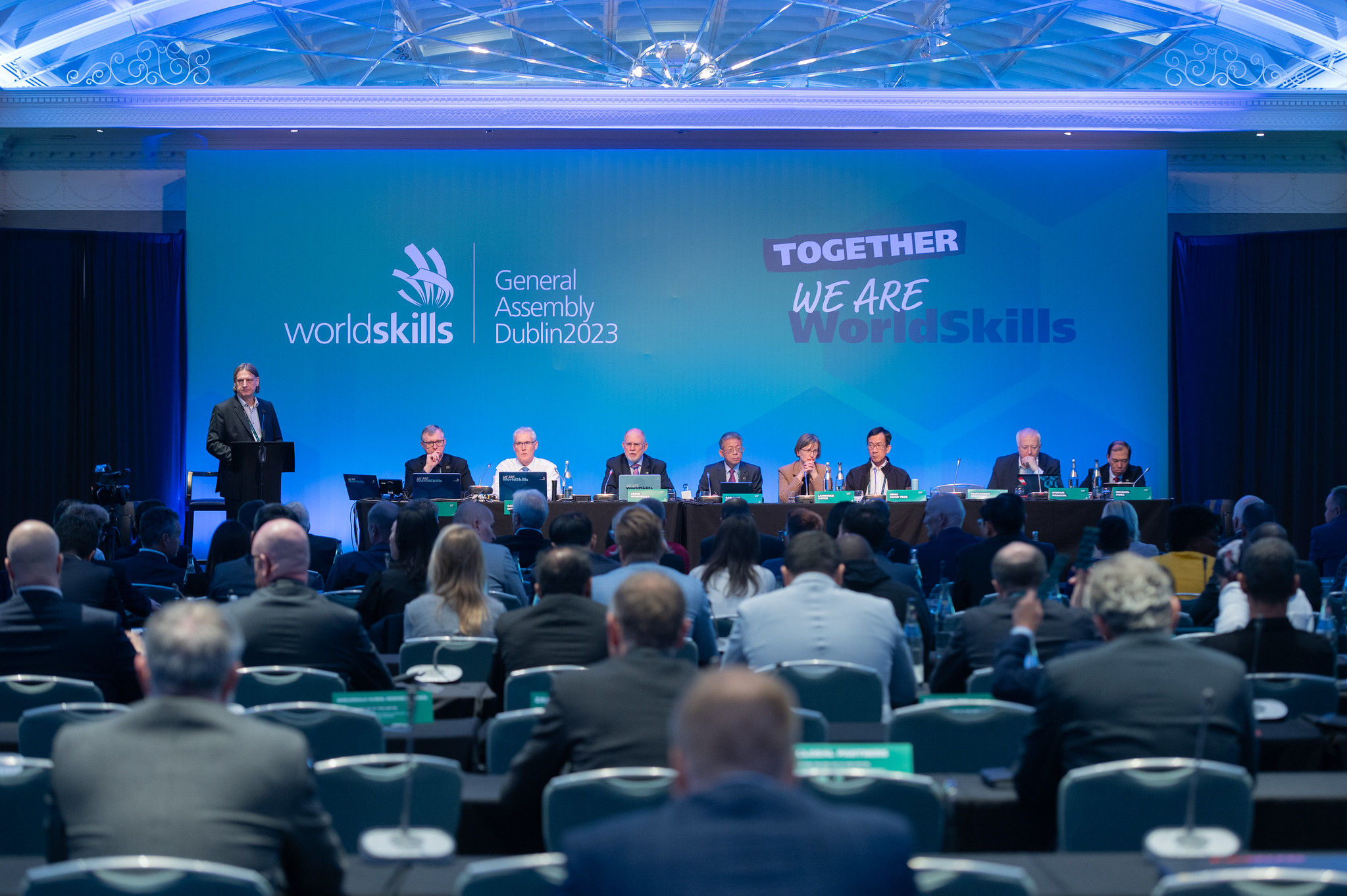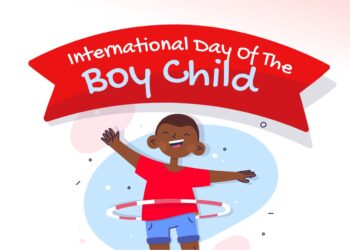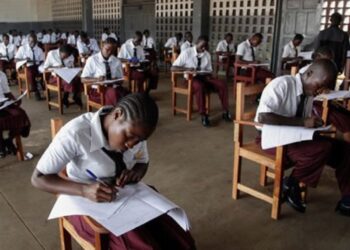
WorldSkills is a skills movement that was started to address the skill shortage as a result of World War II aftermath. Many general assemblies have been held but the Dublin general assembly held September 24 – 29, 2023 will forever be a great milestone in the continent’s skill development ecosystem because it sealed the launch of WorldSkills Africa slated for February 2024 in Ethiopia during the Head of State and Government summit. Africa being the youngest continent with more than 60% of its population below the age of 25 years. The population numbers are a huge potential human resource capital that can drive our social economic transformation. The launch of WorldSkills Africa will present the benefits to the continental skill development ecosystem.
Promotion of Skills
It will ease the promotion of skills because the collective bargaining power of the WorldSkills brand is recognized globally hence making access and investment in training infrastructure seamless.
Financing remains a key challenge to the skill ecosystem on the continent therefore continental membership in WorldSkills is an enabler and linkage to international agencies that are willing and able to aid in financing, through grants and other models.
Global Competitiveness
Across the continent, many skill development programs in formal, non-formal, informal, work-based learning in technical and vocational education training (TVET) continue to mushroom and yet the assessment standards are not homogenous, hence contributing to the millions who are neither in education, nor employed or gaining useful training (NEETs) on the continent. By participating in WorldSkills competitions, every country can assess and compare their skills system with the best across the world. Rarely do we hear about scale and monetized research from our technical and vocational education training institutions. WorldSkills Africa will be a reliable connection of members to information, figures and facts about current and future skills hence enabling skill development for stakeholders to make informed decisions on the sector. It’s hard to build a career without access to substantial support in the particular field. Millions of budding beauticians, mechanics, web designers miss out on career building due to restricted access to professional guidance, counseling and support. WorldSkills Africa will help to inspire and attract young people to a skilling program of their choice as it will make them more knowledgeable in relevant skills on the local and international stage.
Membership
Out of more than 50 countries on the continent only 9 are members of the global skills movement. This is 30 years after South Africa joined as the first member on the continent, which in itself signifies a bigger challenge that must be tackled head on if WorldSkills Africa is to change the status quo in our skills ecosystem. Because of this, I went to check the Confederation of African Football (CAF) website and discovered that more than 50 countries in Africa are affiliated and are tapping into the global football industry. As time for the official launch of WorldSkills Africa ticks, the onus of making WorldSkills Africa vibrant and impactful by all possible legitimate means depends on all the stakeholders.
Skill development stakeholders on the continent must mobilize countries that haven’t joined the movement to do so as a special gift to the young population.
Our political leaders must be engaged to appreciate the myriad of benefits of WorldSkills membership because the political will to support the national WorldSkills organization is a cornerstone in their operation.
The industrial and educational sectors must also be engaged and encouraged to support membership applications and retention of members in the skills movement.
The continent has been well represented globally in football, athletics, rugby, netball, tennis and cricket among others and I believe the membership of our countries to respective continental confederation has been of merit because of the access it provides to standardization of policies, practices and support. This makes me optimistic that once WorldSkills Africa has more members, our skill development sector will be destined for progress. Let’s encourage more countries to join WorldSkills Africa for the benefit of the continent because other skill sets like graphic designing, web designing, cyber security, masonry, restaurant service, fashion design among others will be developed to match global standards.


















































































 EduTimes Africa, a product of Education Times Africa, is a magazine publication that aims to lend its support to close the yawning gap in Africa's educational development.
EduTimes Africa, a product of Education Times Africa, is a magazine publication that aims to lend its support to close the yawning gap in Africa's educational development.